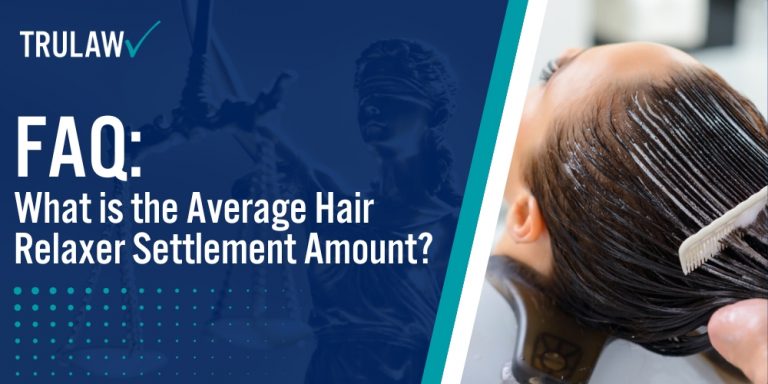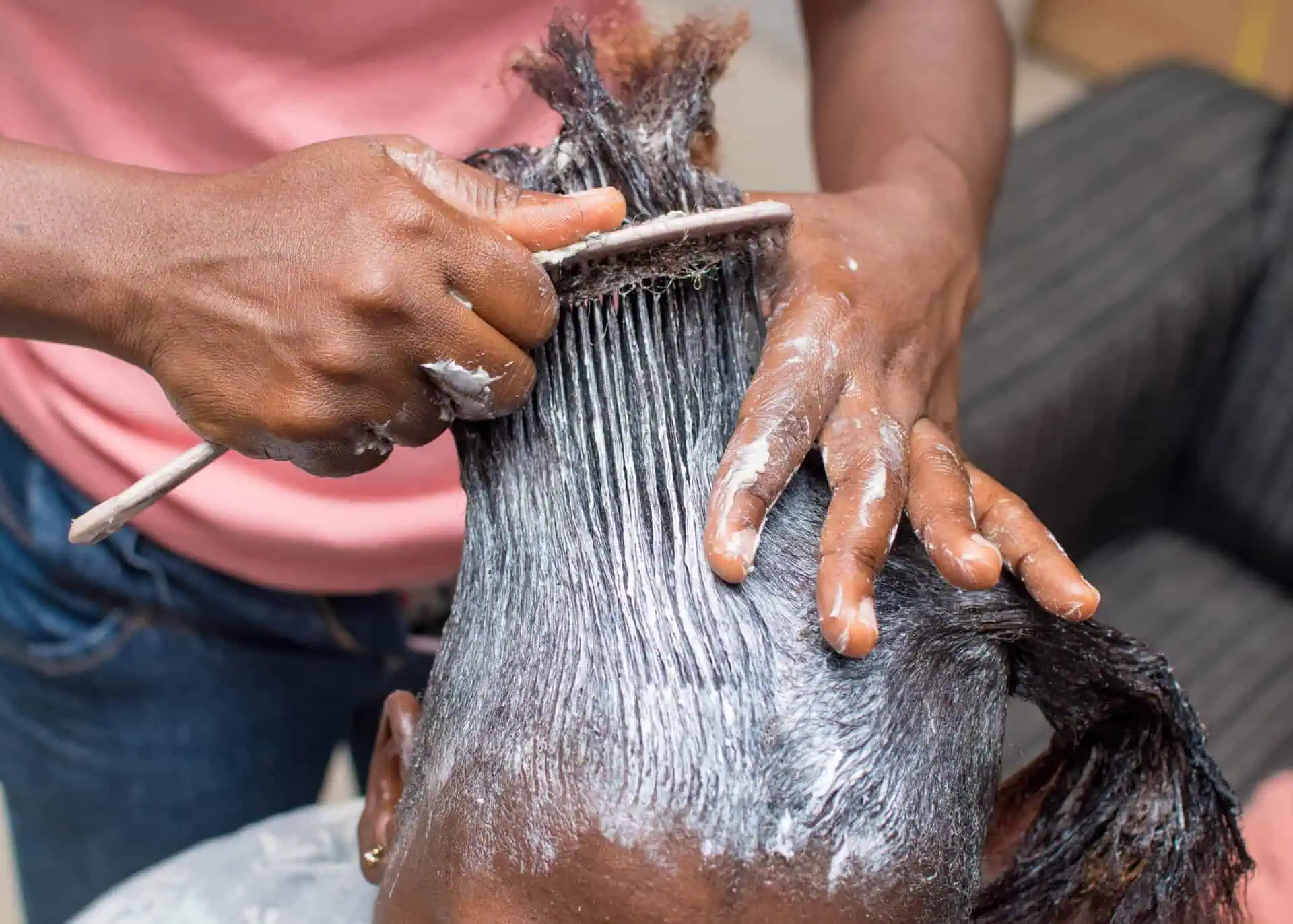The hair relaxer MDL lawsuits allege that certain chemicals in hair relaxer products act as endocrine-disrupting chemicals, posing significant health risks.
Legal action has seen an influx of cases filed, raising questions about treatment options for affected individuals and discussing whether there is ground for a broader relaxer class action lawsuit.
Types of Hair Relaxer Lawsuits
Hair relaxer lawsuits have emerged as victims seek compensation for damages caused by chemical hair straighteners.
These legal actions often allege that manufacturers failed to warn of the potential risks in the following ways:
- Product Liability Lawsuits: Victims file these cases claiming hair relaxer products were inherently dangerous and defective, leading to adverse health effects such as uterine cancer, ovarian cancer, and endometriosis.
- Negligence Litigation: Here, plaintiffs argue that companies like Revlon did not exercise reasonable care in the manufacturing and marketing of hair relaxers, thus breaching a duty of care to consumers.
- Failure to Warn Claims: This involves allegations that the hair relaxer manufacturers knew or should have known about the risks but did not adequately inform users. Increased risk of breast cancer and fibroids are often cited in these claims.
- Breach of Warranty Lawsuits: Consumers can bring forward claims if they believe that the product didn’t meet the implied warranties of safety or if there’s a breach of express warranties made by the manufacturers.
Common medical conditions linked to hair relaxer use
Research indicates a connection between the use of chemical hair relaxer products and certain health risks.
Studies have focused on conditions ranging from hormonally influenced diseases to cancers often involving reproductive health.
- Uterine Cancer: Uterine cancer lawsuits are being filed as evidence suggests these products could disrupt hormonal functions leading to this serious medical condition.
- Ovarian Cancer: The National Cancer Institute has found that the harsh chemicals in hair relaxers can increase the risk of ovarian cancer.
- Endometriosis: This painful disorder, where tissue similar to the uterus lining grows outside the uterus, has been associated with hair straightening chemicals.
- Uterine Fibroids: Non-cancerous growths in the uterus, known as fibroids, have been reported at higher rates among black women who frequently utilize hair relaxer products.
- Hysterectomy Recovery: Some women have undergone hysterectomies due to conditions exacerbated by chemical hair relaxers and may experience long-term recovery issues.
- Other Hormonal Disorders: The disrupting effects of chemicals found in these products may lead to various hormonal disorders, affecting overall health and reproductive systems.
Companies named in lawsuits
These cases will set a precedent for holding manufacturers responsible for any harm caused by their products.
The companies named in the Hair Relaxer MDLs include, but are not limited to:
- L’Oréal USA, Inc.: One major company facing litigation is L’Oréal USA. Plaintiffs argue that L’Oréal’s hair relaxer products contain hazardous chemicals that have not been adequately disclosed to consumers.
- SoftSheen-Carson (owned by L’Oréal): Also under the umbrella of L’Oréal and a frequent name in lawsuits, SoftSheen-Carson is known for marketing popular hair relaxer brands reportedly linked to cancer risk.
- Strength of Nature Global, LLC: This company produces several types of hair care products and is another defendant in the ongoing legal battles over hair relaxer safety.
- Namaste Laboratories LLC: Namaste Laboratories has been named in new hair relaxer lawsuits as one of the manufacturers whose products are suspected of causing health issues due to long-term use.
- Dabur International: As an international entity, Dabur has also come into focus within these federal hair relaxer lawsuits for their role in manufacturing potentially harmful beauty products.
- Revlon: Amidst financial struggles, Revlon’s involvement adds complexity to the situation as it faces claims that its hair-relaxing products may be linked to the development of uterine cancer.
Treatment options for related health conditions
Treatment options for health conditions caused by hair relaxer chemicals, such as cancer, endometriosis, and uterine fibroids, typically involve a multi-faceted approach.
Doctors often recommend surgery to remove tumors or affected areas when dealing with cancers linked to hair relaxer use.
Radiation therapy and chemotherapy may also be necessary to destroy any remaining cancer cells and reduce the chance of recurrence.
For non-cancerous conditions like endometriosis and uterine fibroids, treatments can include medication to manage symptoms or hormone therapy to address imbalances.
In some cases, minimally invasive procedures are available that target specific problem areas without extensive surgery.
It’s crucial for patients considering these treatments to consult healthcare professionals who specialize in these conditions for personalized care plans tailored to their unique needs.
Potential for class action lawsuits
Victims who have used chemical hair relaxers and subsequently developed uterine cancer are coming together for strength in numbers.
Class action lawsuits provide a pathway for groups of people to file a hair relaxer claim against companies responsible for their suffering.
These collective legal actions can lead to more efficient court proceedings and amplify the impact on the defendant companies, increasing the possibility of obtaining fair hair relaxer compensation.
The establishment of a class action lawsuit in New York signals a significant move towards potentially resolving many cases at once with a global settlement.
With multiple hair relaxer lawsuits filed, plaintiffs united under this type of litigation could see progress as they look to hold hair relaxer companies accountable.


